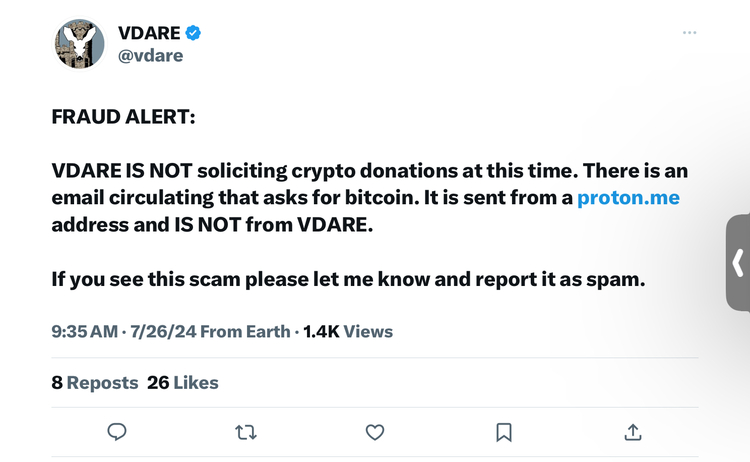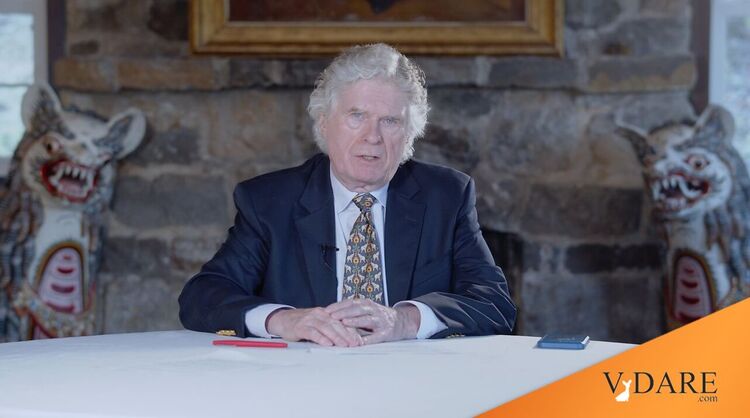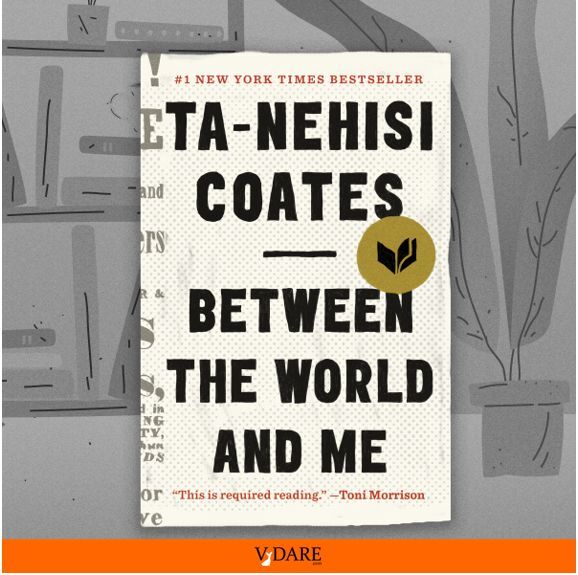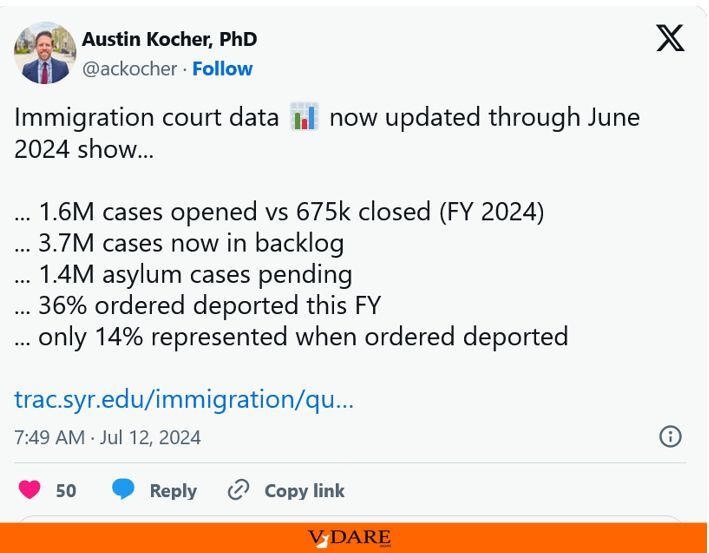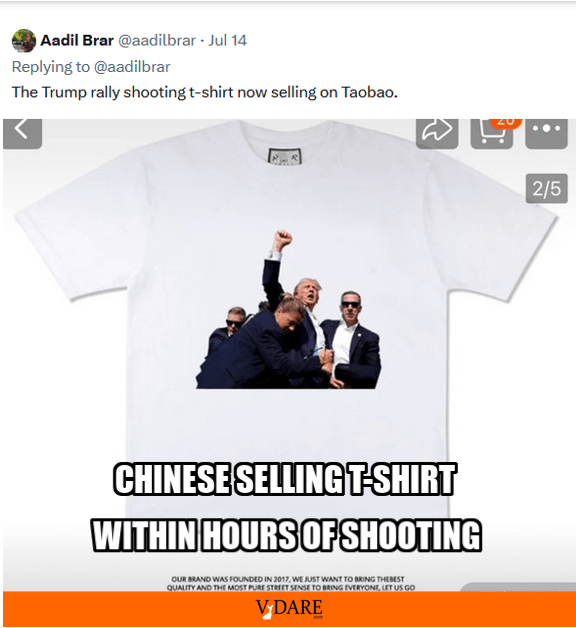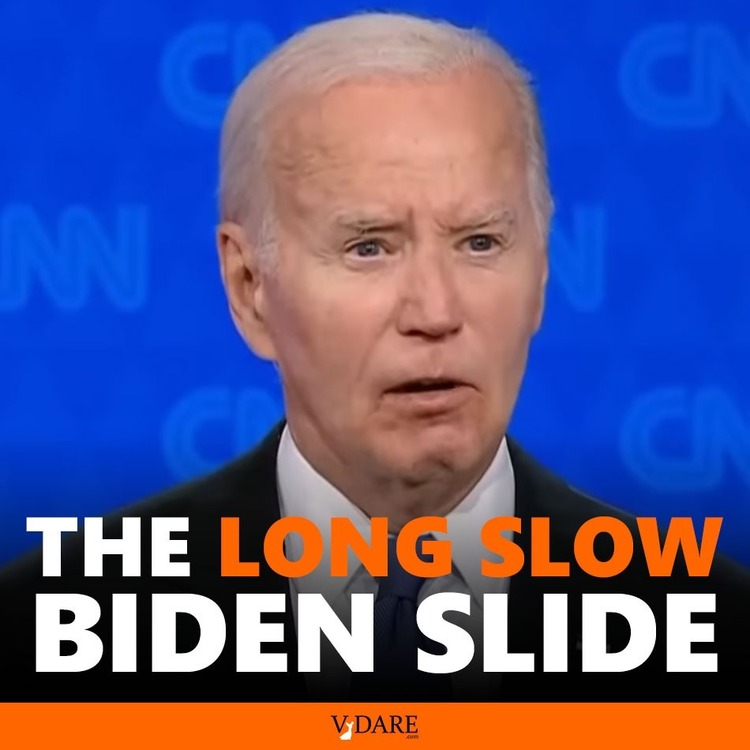
From Ezra Klein’s Vox:
Why Andrew Sullivan and the conservative media are wrong to call the New York Times’s latest hire “racist” for attacking white people.
By Zack Beauchamp @zackbeauchamp zack@vox.com Aug 3, 2018, 4:00pm EDT
…But to some conservatives, like National Review’s David French and New York magazine’s Andrew Sullivan, Jeong’s tweets are bigger than her: They reveal a rot in the progressive movement, that “social justice warriors” have become totally okay with racism so long as it’s directed at white people.
“The neo-Marxist analysis of society, in which we are all mere appendages of various groups of oppressors and oppressed, and in which the oppressed definitionally cannot be at fault, is now the governing philosophy of almost all liberal media,” Sullivan writes. “That’s how ... the New York Times can hire and defend someone who expresses racial hatred.” (Note: The liberal media is not neo-Marxist.)
Both French and Sullivan singled out a tweet I had sent defending Jeong — “a lot of people on the internet today confusing the expressive way anti-racists and minorities talk about ‘white people’ with actual race-based hatred, for some unfathomable reason” — as an exemplar of the problem. Sullivan explains:
I don’t think the New York Times should fire her — in part because they largely share her views on race, gender, and oppression. Their entire hiring and editorial process is based on them. In their mind, Jeong was merely caught defending herself. As Vox writer Zack Beauchamp put it: “A lot of people on the internet today [are] confusing the expressive way antiracists and minorities talk about ‘white people’ with actual race-based hatred, for some unfathomable reason.” I have to say that word “expressive” made me chuckle out loud. (But would Beauchamp, I wonder, feel the same way if anti-racists talked about Jews in the same manner Jeong talks about whites? Aren’t Jews included in the category of whites?)
I have a lot of respect for Andrew — he gave me my first job in journalism, and I’ve been over to his DC condo more times than I can count — but I think he has a serious blind spot when it comes to race, and the analogy to Jews here helps reveal it. Both his piece and French’s misunderstand what racism is and how the so-called “social justice left” approaches the world — and the anti-Jeong vitriol you’ve seen from the right speaks more to its failings on race than it does anything about Jeong.
The basic thrust of both Sullivan and French’s argument is that if you subbed in any group other than “white people” for what Jeong wrote, then it would be obviously offensive. “#cancelblackpeople probably wouldn’t fly at the New York Times, would it?” Sullivan asks, rhetorically.
The only reason lefties aren’t offended by this obvious race-based hatred, the argument goes, is that they see the world entirely through the lens of power. Since whites as a class have it, minorities by definition cannot harbor racist attitudes toward them. …
What makes these quasi-satirical generalizations about “white people” different from actual racism is, yes, the underlying power structure in American society. There is no sense of threat associated with Jeong making a joke about how white people have dog-like opinions. But when white people have said the same about minorities, it has historically been a pretext for violence or justification for exclusionary politics. …
This is, incidentally, why you hear a lot of people on the social left say there’s no such thing as “reverse racism.” We interpret language through social context. Because of the way racial power structures are set up, the same set of words mean very different things when you swap out “white people” for “black people,” “Asians,” “Jews,” etc. The phrase might be racist in one context, in the sense of conveying actual racial animus, but not in another. …
Jeong’s tweets, in context, clearly fit this type of rhetoric. When she writes “dumbass fucking white people marking up the internet with their opinions like dogs pissing on fire hydrants,” she is not, as Sullivan accuses her of doing, “equat[ing whites] with animals.” Rather, she is commenting on the ubiquity of (often uniformed) white opinion on social media — a way of pointing out how nonwhite voices often don’t appear or get drowned out in social media discourse. …
In his column, Sullivan challenges me, specifically, to explain how I would feel if Jeong were tweeting about Jews rather than whites. “Would Beauchamp, I wonder, feel the same way if anti-racists talked about Jews in the same manner Jeong talks about whites? Aren’t Jews included in the category of whites?” he asks.
The example, I assume, is chosen deliberately: Andrew knows I’m Jewish and sensitive to the real problem of anti-Semitism on the left. So this seems like it should be a hard example for me, as a Jeong defender. But it’s not at all. In fact, it makes the distinction between what Jeong is doing even stronger.
First of all, not all Jews are white. Second, even for those Jews who are, our inclusion in the category of whiteness is historically contingent. For the modern alt-right — the people going after Jeong — Jews don’t actually count as white. Leading alt-right thinker Richard Spencer has said that in his ideal world, Jews would be expelled from the United States.
Jews are not marginalized in the exact same way that other minority groups are — on average, Jews are wealthier while black people are poorer — but there is deep-seated anti-Semitism in the United States and (even more so) in other Western countries. When you talk about “Jews” as a group, you aren’t just talking about a specific kind of white person; you’re talking about a historically marginalized group, one that has experienced the consequences of actual eliminationist rhetoric firsthand.
And this is what the conservative critiques of Jeong — even the good-faith ones, like Sullivan’s and French’s — miss entirely. When you talk about race and identity, the context in which you’re operating is absolutely inescapable. The sentence “white people run America” may use most of the same words as “Jews run America,” but the former is mostly true while the latter is an anti-Semitic conspiracy theory.
That’s why you never read anyone in the New York Times or Vox daring to demean whites – because white people are so powerful that they crush all skeptical inquiry about them — but the NYT and Vox are constantly counting up how many Jews are in positions of power, such as on the Forbes 400 — because Jews in America are too marginalized to demand respect and instill fear.


